
Anecdotal
The anecdotal fallacy uses a personal experience or an isolated example instead of a sound argument.
Example of Anecdotal
- Leanne thinks smoking does not affect life expectancy since her grandmother smoked for 4 decades and lived to be 87.
The fact that Leanne's grandmother's smoking did not result in cancer or other kind of disease, does not mean that someone else with the same behavior would have had the same result. - I have never seen a happy marriage. Getting married is a bad idea.
Even though the speaker has only seen unhappy marriages, it does not mean that there are no happy marriages and that people should avoid getting married.

Books About Logical Fallacies
A few books to help you get a real handle on logical fallacies.
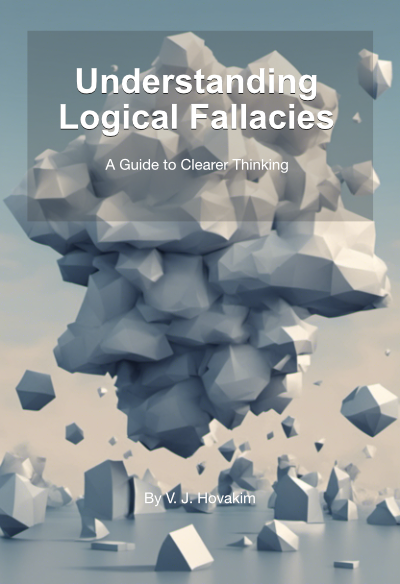
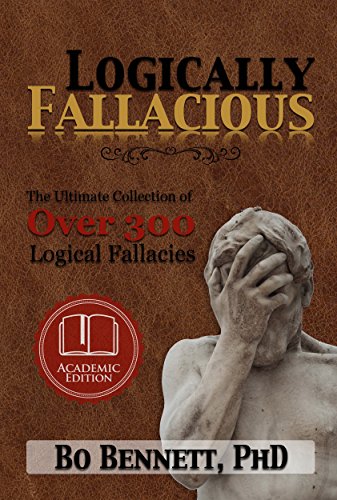
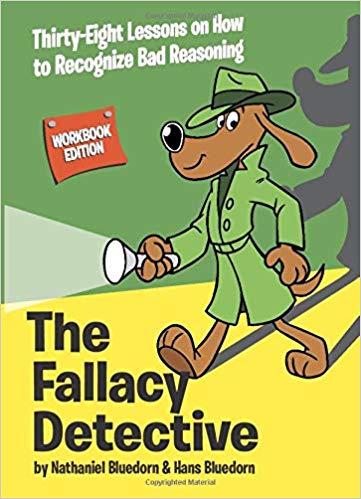
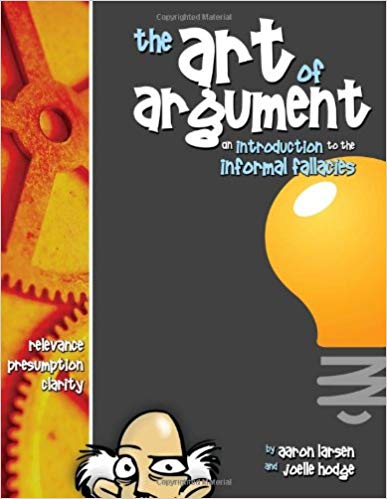
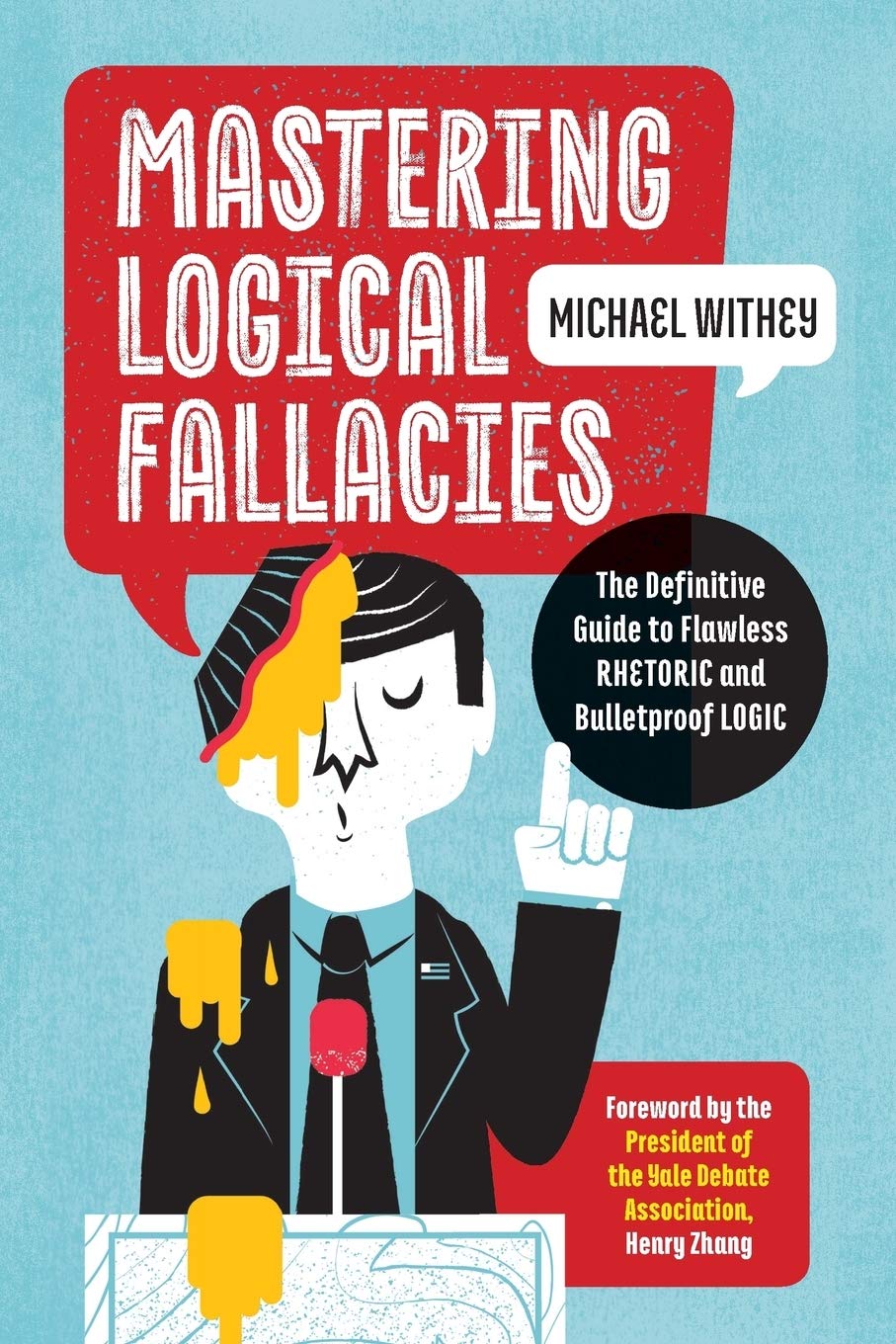
AnecdotalExtended Explanation
The Anecdotal Fallacy is a logical fallacy in which an individual bases their conclusion on a single experience or personal anecdote, rather than on factual evidence or logical argument. The fallacy is also known as the “personal experience” fallacy, and is often used as a form of confirmation bias in which one’s own experiences are used to shape their beliefs. It is often used in an argumentative context, and is damaging to the validity of the argument as it ignores any contrary evidence.
The Anecdotal Fallacy is most commonly used in the form of a “testimonial” in which an individual uses their own experience as proof of a claim. This form of argument is often used in marketing, as companies will use the testimonies of satisfied customers to promote their products. However, this form of argument ignores any evidence which may contradict the claim, and as such is considered a logical fallacy.
The Anecdotal Fallacy is also used in the form of an “appeal to authority” in which an individual uses the opinion of an authority figure as evidence of a claim. This form of argument is often used in legal contexts, as an individual may use the testimony of an expert witness in an attempt to prove their point. However, this form of argument ignores any evidence which may contradict the claim, and as such is considered a logical fallacy.
The Anecdotal Fallacy can also be used in the form of an “appeal to emotion” in which an individual uses emotional appeals to make their point. This form of argument is often used in political contexts, as an individual may use emotionally charged language in an attempt to sway an audience. However, this form of argument ignores any evidence which may contradict the claim, and as such is considered a logical fallacy.
The Anecdotal Fallacy is a logical fallacy which is damaging to any argument in which it is used. It ignores any contrary evidence and relies solely on the experience of the individual making the claim. As such, it is important to remember that an individual’s personal experience does not necessarily reflect the truth of a situation, and it is important to seek out evidence and logical arguments in order to form a valid conclusion.